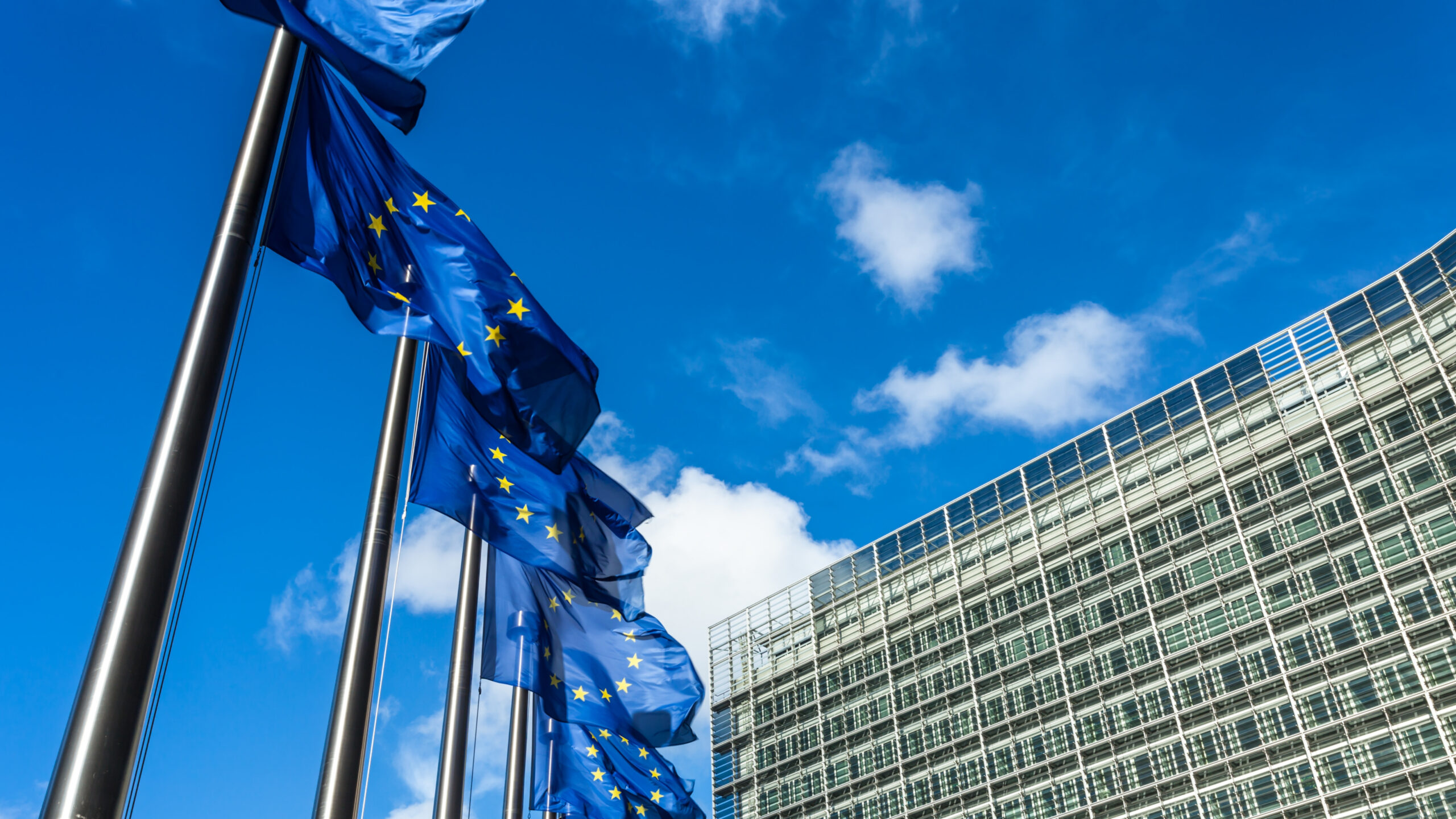On 1 January 2025, Poland will take over the presidency of the Council of the European Union for the second time, leading its work for six months.
The Council of the European Union is one of the EU’s most important decision-making bodies. It is made up of all the ministers of the 27 EU member states, who take part in formal and informal meetings relating to their areas of specialisation, chaired by a minister from the country holding the Presidency.
The Council:
- negotiates and adopts EU legislation;
- co-ordinates policy in certain areas
- adopts the EU budget together with the European Parliament;
- concludes international agreements on behalf of the EU;
- develops foreign and security policies in partnership with the European Parliament, on the basis of proposals put forward by the European Commission.
Each member state chairs the Council’s work on EU legislation for six months, ensuring the continuity of EU processes and co-operation between member states.
Poland’s tasks in the coming months include:
- Chairing the Council and its proceedings, as well as its preparatory bodies (committees and working parties);
- Representing the Council in contacts with other EU institutions, in particular the European Commission and the European Parliament;
- Dealing with the EU’s international relations with third countries and international organisations (in communication with the European Commission and the European External Action
- Service);
- Ensuring reliable and transparent communication of the results of Council meetings.
Every six months, one of the EU member states takes over the rotating Presidency of the Council. This means that each state takes over the Presidency once every 13.5 years.
The member states that take over the Presidency in turn work closely together in groups of three (also known as Presidency trios), setting long-term objectives and preparing a joint agenda of issues and questions for the Council to deal with over the following 18 months.
Poland is part of a Presidency trio with the Kingdom of Denmark and the Republic of Cyprus.
On the basis of the joint agenda, each member state draws up a detailed programme for six months.
The Polish Presidency will tackle challenges relating to:
- European security;
- Migration;
- Climate change;
- Ensuring the EU’s competitiveness on the world market.
The Polish Presidency will tackle these challenges by pursuing a responsible agenda centred on the security of 450 million European citizens.
Over the next six months, Poland will host 22 informal meetings and around 300 side events, including expert meetings and official meetings.
In addition to the official events, the Presidency will also include an interdisciplinary cultural programme in Poland and abroad.
Under the motto ‘Security, Europe!’, Poland will take over the Presidency of the Council of the European Union at a time of uncertainty and concern. Europe is struggling with the consequences of Russia’s armed aggression against Ukraine and the need to strengthen its own defence capacity.
The Polish Presidency will support activities that strengthen European security in all dimensions: external, internal, information, economic, energy, food and health, and has defined seven priority areas:
- Defence and security;
- Protection of people and borders;
- Resistance to foreign interference and disinformation;
- Guaranteeing the security and freedom of companies;
- Energy transition;
- Competitive and resilient agriculture;
- Health security.
For the future Polish Presidency, this is a time of judgement and decision for the EU: it must protect itself and its citizens and take care of its immediate neighbourhood, giving Europeans a sense of security and prospects for development.
In his view, responsibility for future generations requires the unity of the EU and a willingness to work with partners who share European values, notably the candidate countries.
In addition, you will have to defend the values on which it is based, such as democracy, freedom and the rule of law.
Our team is at your disposal for more information.






